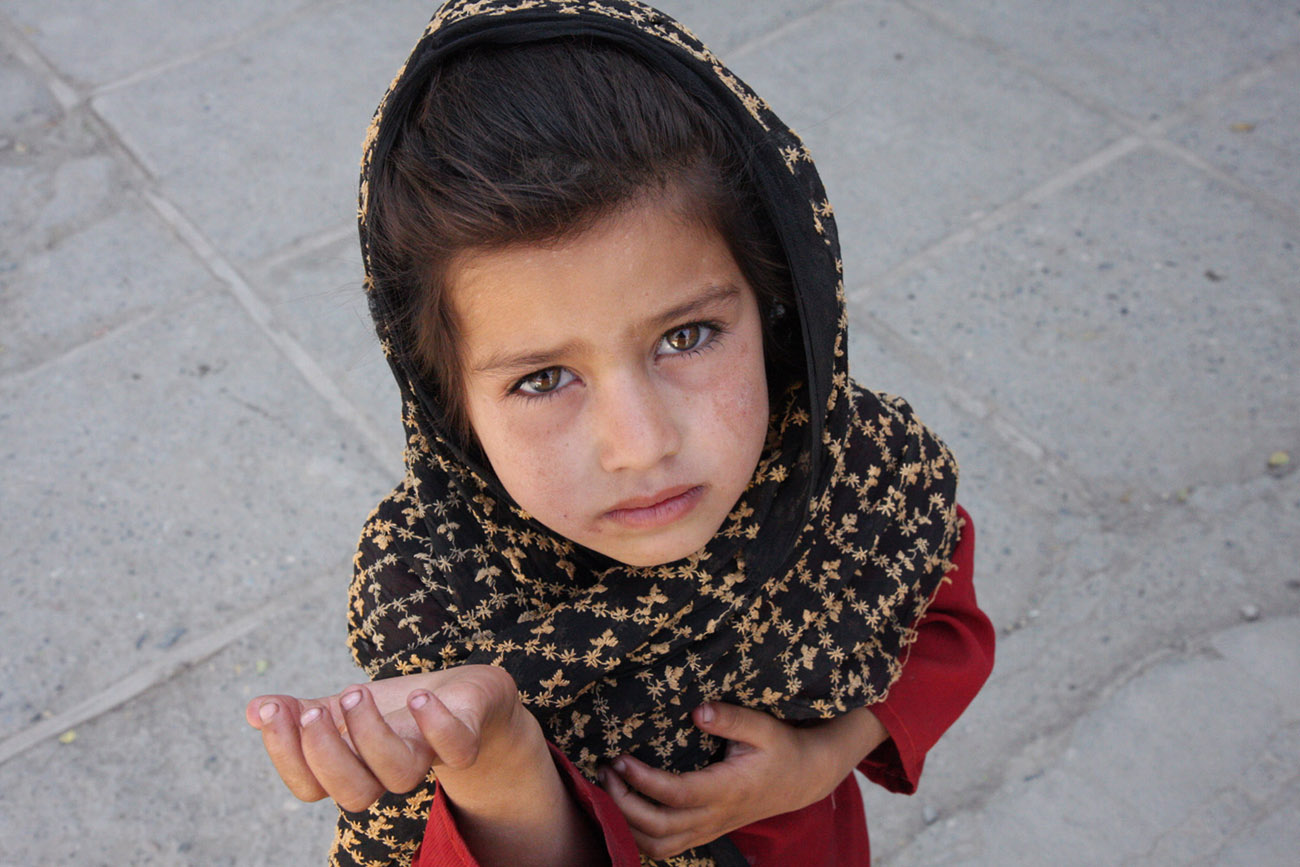You may be doing more harm than good with your generosity to begging children.
Travelers visiting poor and developing countries can get overwhelmed by poverty – specifically, by children on the street who are begging for money. But there are ethical implications in handing over a few coins to a child in need. Experts and experienced travelers often refrain from such acts of kindness because ultimately, they may do more harm than good.
Ryan Whitney, an international development specialist living in San Francisco, recalled tough situations in the Philippines and India when groups of children, wearing rags, would swarm a car he was in. “It’s heartbreaking,” he said. But his general rule when travelling is to not give money to children on the street because often, particularly in India, the kids are being exploited by an adult – not necessarily their parent – who keeps the money. It’s “almost like slavery”, he said. “You don’t ever really know where this money goes.”
Kids may be working, unwillingly, for a gang leader or even a parent who may have a drug or alcohol addiction. Alternatively, some well off, enterprising kids can earn more on the street from wealthy-by-comparison tourists than they get in spending money from their parents. Either way, the cash flow keeps kids out of school and on the path toward a life of begging.
Some of these kids are living on the streets alone, or with their families; others are working on the streets, begging or selling trinkets or shoe shines to sympathetic tourists. But buying items or paying for work may not be much better than handing out free money – the dollars still might not go to the child, who is still living on the streets. Travelers wanting to help would do more good by donating to international or local organizations working with these children and their families.
ChildSafe International, a project that aims to protect children from abuse, cites evidence that street kids are vulnerable to exploitation, including by the sex tourism trade, which has been growing in countries like Cambodia. Travelers trying to help individuals unwittingly increase the risk. “By feeling pity, giving money and food, child labour on the streets – a growing business – is supported and the children are sustained on the streets,” the group, an initiative of the Cambodia-based Friends-International, writes on its website.
A report by the Consortium for Street Children, a group of more than 50 non-governmental organizations that help kids on the street, included case studies of NGOs working to protect children from sexual abuse and prostitution in Cambodia and Bangladesh. There also have been cases of children being maimed in order to bring in more money from begging, a horrific practice dramatized in the film Slumdog Millionaire.
CNN reported last year on the plight of one Bangladeshi child who had survived an attack by a gang trying to force him to beg. Many travelers believe that giving food or school supplies is a safe alternative to money. But unless you are sharing a snack along with a child, he or she can turn around and sell, or trade, the goods. According to the Consortium for Street Children report, kids in the town of Salvador, Brazil, asked tourists for milk powder for their families after it became clear that the foreigners did not want to give cash. But the kids, who were drug addicts, were trading the milk powder for crack cocaine.
Amanda Rieder, a well-travelled high-school Spanish teacher in Philadelphia, said that initially when visiting a foreign land she would have the same reaction as anyone else: “Oh, this poor kid; a dollar is nothing for me.” But after spending significant time in one place it became clear to her that “they don’t actually get to keep the money” and so she generally does not hand out money to kids when she travels.
All this well-founded advice is tough to follow when standing face-to-face with a cute kid who needs help. Both Rieder and Whitney admit that they haven’t always stuck to their own rules. “I’ve had kids who are really charming,” Whitney said, recalling a particularly persistent -- and smiling -- boy in the Philippines selling flowers. “In the end, I gave him a dollar. I couldn’t help it.”
By Lori Robertson
11 January 2012
www.bbc.com


